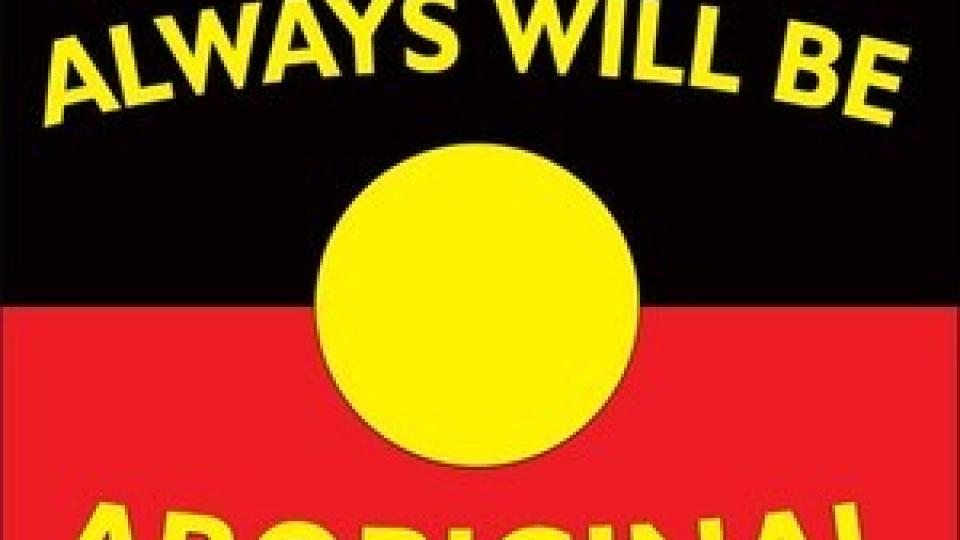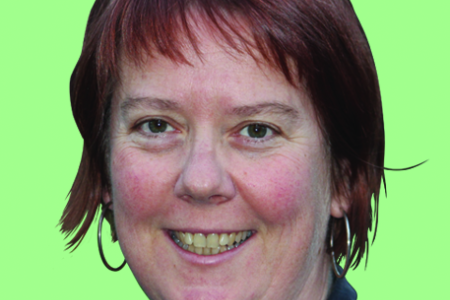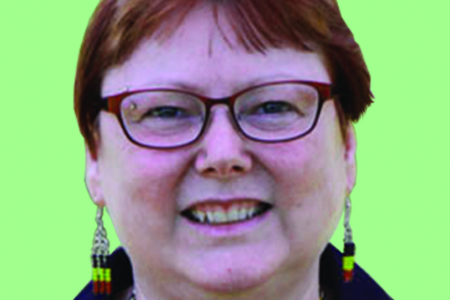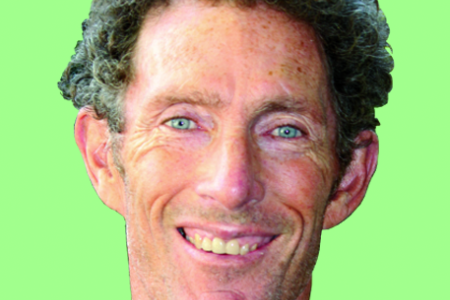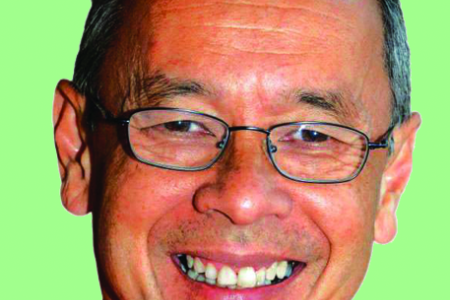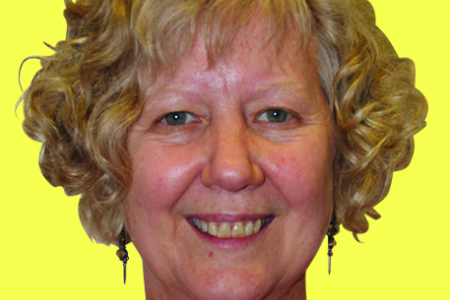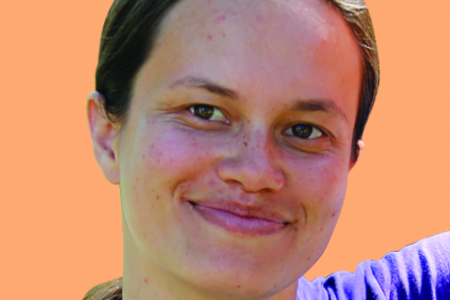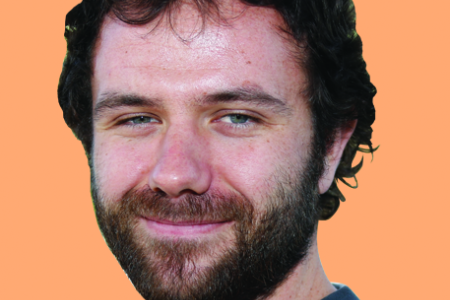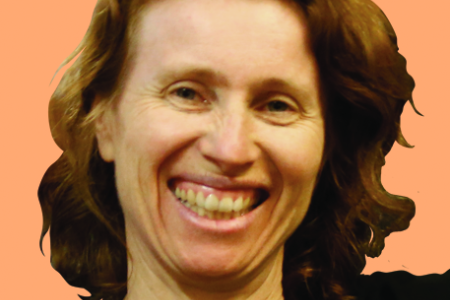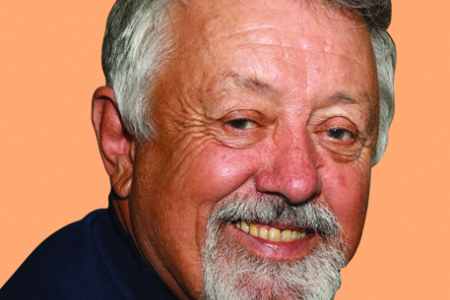Real self determination requires radical changes
This is the first in a series of articles detailing the policies and platform the Socialist Alliance will be taking to the Federal election.
* * *
For tens of thousands of years, the Aboriginal and Torres Strait Islander peoples of this continent and its islands looked after the diverse ecosystems, developed complex languages and cultures, and traded among themselves and with visitors from overseas. They were strong, proud peoples.
In the relatively short 200-plus years since European colonisation began, the first inhabitants have suffered immensely: they are now among the poorest, most imprisoned, people in what became Australia.
They die earlier, on average, that other Australians.
They suffer from diseases rare in developed nations and face devastating suicide rates, in children as young as 10.
Many have lost their languages altogether, and the languages that are still spoken are critically endangered.
Campaigns
In spite of this, Aboriginal and Torres Strait Islander peoples continue to stand strong and have been at the forefront of many inspiring campaigns for social and environmental justice.
In the Northern Territory, the years-long campaign against the nuclear dump at Muckaty was finally victorious last year, and Aboriginal leaders are now joining together in the fight against fracking.
In Sydney, the Redfern Aboriginal Tent Embassy won its demand for affordable housing.
In Western Australia Aboriginal activists led the fight and won a partial victory to save pristine Walmadan/James Price Point in the Kimberley region from a $45 billion gas hub.
In Queensland, traditional owners have been a vital part of the campaign against plans for a mega coalmine, which now appears to be on hold.
Attacks
But the First Peoples of this continent still face unrelenting attacks and discrimination by state and federal governments.
In WA, residents of remote communities are fighting for a secure future on their homelands against government plans to withdraw services to some communities.
In Western Sydney, which has the highest concentration of Aboriginal people in Australia, the much-loved and needed Aboriginal Medical Centre was closed down after losing federal funding.
Income management, originally introduced in the NT as part of the racist NT intervention, has been rolled out across many other parts of the country with large Aboriginal populations.
The rate of removal of Aboriginal and Torres Strait Islander children from their families is higher now than it was during the official Stolen Generations policy.
Aboriginal and Torres Strait Islander peoples are 15 times more like to be imprisoned than non-Indigenous people.
Social change
Socialist Alliance believes that Aboriginal and Torres Strait Islander peoples can and should be at the forefront of many areas of social change: their ecological knowledge and land management practices could be crucial in the fight against climate change; their languages and cultures — among the oldest in the world — could enrich Australian linguistic and cultural heritage as a whole.
But the First Peoples should not have to continually fight for what is rightfully theirs, or for access to rights and services the rest of the country takes for granted. Nor should they be backed into corners, forced to allow mining and private development on their lands in exchange for services, employment and education.
Policy
That is why Socialist Alliance stands for:
- Full land rights with veto rights over mining and exploration — including the right to withdraw consent. Full land rights means an end to the system of 99-year leases and adequate resourcing to enable people to stay in their communities. In remote areas, this means immediately reversing policies that are driving people out of communities and into regional centres. In urban areas, this means funding Aboriginal services and a reversing of the push to “mainstream”.
- Fully-funded Aboriginal health services under Aboriginal control. Re-fund the Aboriginal Medical Service of Western Sydney and expand services in regional and remote areas so Aboriginal people can stay in their communities if they choose.
- Implement the recommendations of the Royal Commission into Aboriginal Deaths in Custody. Fund diversionary and rehabilitation programs to address Aboriginal and Torres Strait Islander imprisonment rates, the highest in the world. Reinstate the funding for the Notification Detention System (NDS) in NSW and ACT and extend it throughout the country.
- Increase funding to language and culture programs, support bilingual education where possible or the teaching of Aboriginal and Torres Strait Islander languages in schools.
- Repeal policies that weaken self-determination, such as the Stronger Futures laws in the NT, and the paternalistic income management schemes.
- Establish affirmative action targets in higher education and employment: Aboriginal and Torres Strait Islander peoples should be employed on award wages, not work-for-the-dole.
Self-determination
The gap in life expectancy, health outcomes, employment and education between Aboriginal and Torres Strait Islanders and other Australians will only be closed by programs and policies that support — and fund — Aboriginal self-determination, so that the people themselves can identify their own priorities, solutions, and take control of their communities and organisations.
In the light of the grave injustices, and the significant changes required to address them, moves to simply recognise the First Peoples in the Constitution appear inadequate at best, insulting at worse.
The Constitution should acknowledge and protect the sovereignty of Aboriginal and Torres Strait Islander peoples, incorporating the treaties as the central point of the constitution of this country.
Real self-determination will require radical changes in current approaches that largely fail the First Peoples: Aboriginal and Torres Strait Islander communities themselves should be at the forefront of driving these changes.
That is why overarching all of our policies is a fundamental support for treaties. These treaties must make real protections such as land rights and compensation for all land stolen, past, present and in the future, and confirm the principle of self-determination.
